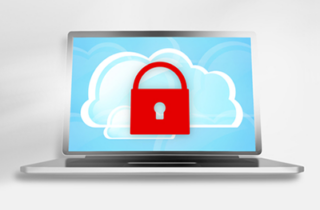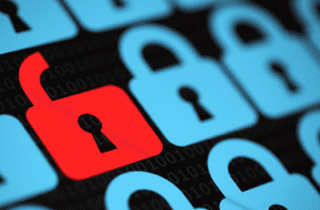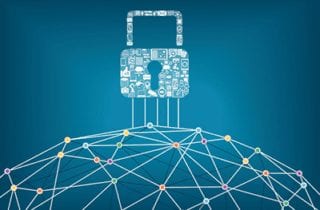Five critical guidelines, identified by CoSN in partnership with AASA as part of the EmpowerED Superintendents’ Initiative, provide a framework to ensure data privacy within a school district’s use of technology.
Presented by Bill Burr, Superintendent, Wrangell Public Schools (AK); Scott Elder, Superintendent, Albuquerque Public Schools (NM); Dr. Mary Templeton, Superintendent, Washougal School District (WA); and Linnette Attai, Project Director, Student Data Privacy Initiative and Trusted Learning Environment Program, CoSN (Consortium for School Networking)
Moderated by Ann McMullan, Project Director, CoSN/AASA EmpowerED Superintendents Initiative, CoSN (Consortium for School Networking)
Data privacy, a multi-stakeholder priority for school systems, touches every aspect of operations. Therefore, assessing privacy and compliance policies and practices related to the systemwide use of technology is a continual priority.
From local to federal governments, insurance companies to funding organizations, schools and districts are subject to any number of cybersecurity regulations. But for all these, the most important aspect is being prepared. During the edLeader Panel, “Adopting a Proactive Versus Reactive Approach to Cybersecurity in K-12 Districts,” the presenters offered their insights on how to create a proactive climate by knowing everything you can about your data.
Presented by Casey Bertram, Superintendent, Bozeman Public Schools (MT); Dr. Alex Marrero, Superintendent, Denver Public Schools (CO); and Dr. Penelope Martin-Knox, Superintendent, Raytown Quality Schools (MO)
Moderated by Ann McMullan, Project Director, CoSN (Consortium for School Networking) EmpowerED Superintendents Initiative
Cyberattacks in schools across the nation are growing, from Zoombombing to ransomware that takes down entire districts. As a result, K-12 learning environments need more robust policies and practices to stem intrusions and build cyber resilience.
Presented by Jonathan Ryglicki, Cyber Security Manager, Metro Nashville Public Schools (TN); Mark Racine, Chief Information Officer, Boston Public Schools (MA); and Rob Eidson, Security Product Manager, ENA
Moderated by Dr. Tom Ryan, Chief Executive Officer of the eLearn Institute, and President of Education 360 and eMMERSION Learning
After the sudden switch to remote and hybrid learning models at the start of the pandemic, the use of online tools and resources may seem like less of a concern now, but ensuring that students’ data remains protected is still a priority, especially as it is a federal requirement.
Presented by Monica Watts, Director of K-12 Engagement, IMS Global Learning Consortium; Kevin Lewis Sr., Project Manager, IMS Global Learning Consortium; and Reg Leichty, Founder and Partner, Foresight Law and Policy
Moderated by Monica Cougan, Manager, Strategic Relationships and Initiatives, CatchOn
Of course, there are technical aspects to protecting data, and as many schools have learned during the pandemic, district IT staff need to stay on top of evolving efforts to compromise systems. But that’s just one part of guarding student information. During a recent edWebinar, sponsored by ClassLink and co-hosted by CoSN and AASA, the presenters discussed the policies and practices that also keep data safe in a digital education environment.







